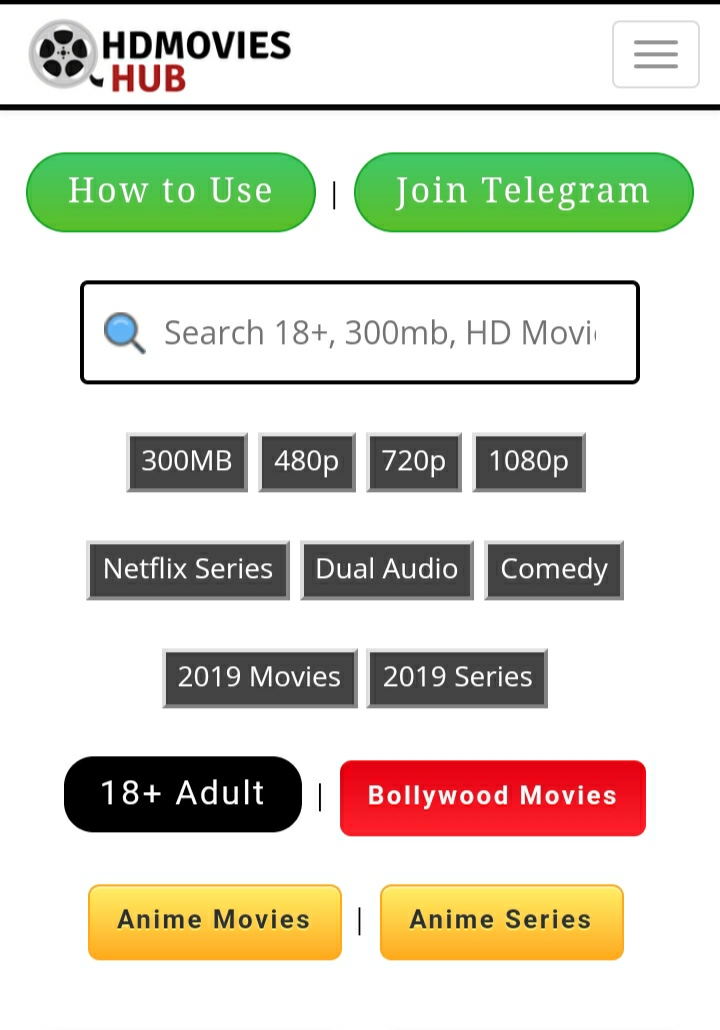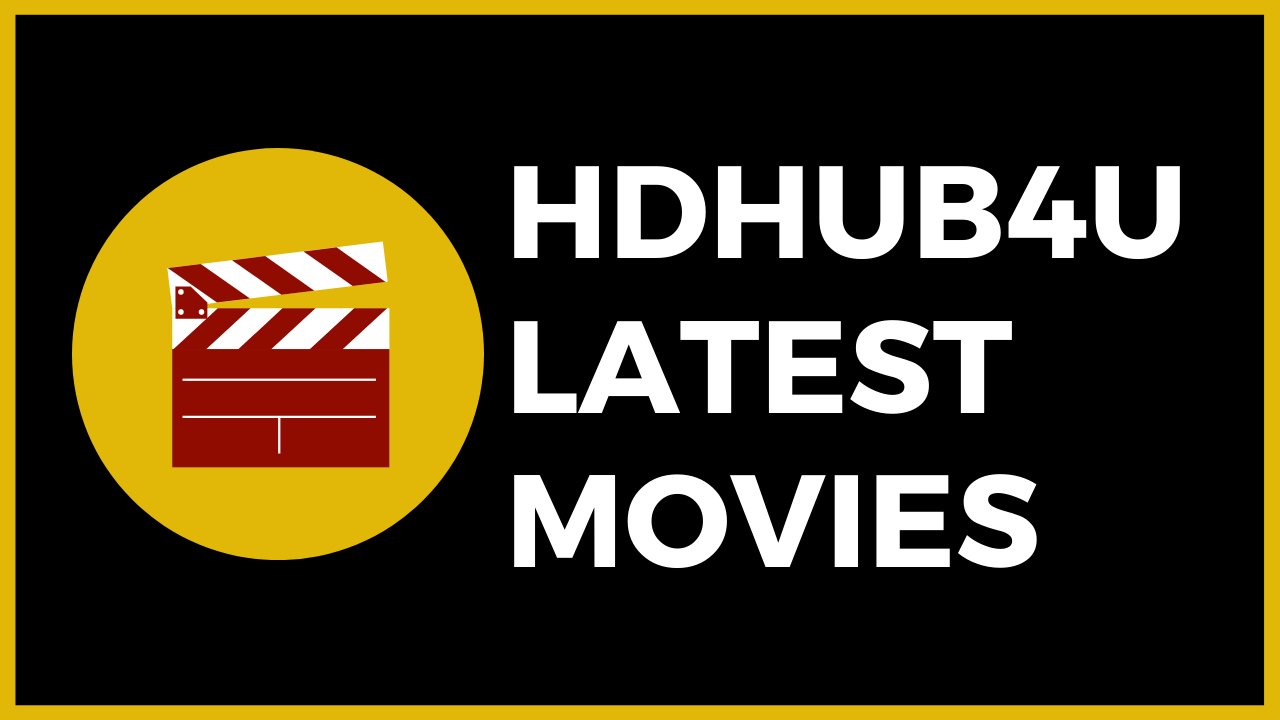Are you constantly on the hunt for the latest cinematic releases, craving a diverse selection of films from Bollywood to Hollywood, and everything in between? The landscape of movie consumption has dramatically shifted, yet the allure of accessible, diverse content remains, driving the ongoing popularity of platforms that cater to these desires.
The entertainment world has undergone a seismic shift, with digital platforms and streaming services reshaping how we consume content. The convenience of on-demand viewing, the vast libraries available, and the ability to watch anytime, anywhere have made streaming a dominant force. Yet, within this evolving ecosystem, a segment of the audience still seeks alternative methods, particularly the ability to download movies and TV shows for offline viewing. This preference is especially pronounced in regions with limited internet access or where subscription costs pose a barrier. The desire for accessibility, coupled with a love for diverse cinematic experiences, fuels the ongoing interest in platforms offering a wide array of content.
The rise of platforms like HD Hub highlights this ongoing demand. HD Hub, with its interactive content and user-friendly categorization, attempts to cater to this audience. However, in a world governed by copyright laws and the increasing awareness of digital security, its important to understand the nuances of such platforms, their legality, and the potential risks they pose. This article delves into the landscape of movie consumption, exploring the platforms and services, and the critical need to be aware of digital security and copyright.
| Feature | Details |
|---|---|
| Name of Platform | HD Hub (and similar platforms) |
| Primary Function | To provide access to movies and TV shows, often for download or streaming. |
| Content Focus | Bollywood, Hollywood, South Indian films (Tamil, Telugu, etc.) and other regional content. |
| User Experience | Categorized film views, interactive content, updates on releases, cast information, storylines. |
| Key Concerns | Legality (copyright infringement), Risks to Privacy, Security threats. |
| Alternatives | Legal streaming services (Netflix, Amazon Prime Video, etc.), platforms offering digital movie purchases. |
| Target Audience | Movie enthusiasts, those seeking diverse content, users in areas with limited internet or high subscription costs. |
| Revenue Model | Often rely on advertising, or illegal distribution of pirated content. |
| Legal Status | Often illegal due to copyright infringement. |
| Recommendation | Prioritize legal streaming services or digital movie purchases to ensure access while protecting copyright. |
HD Hub, along with similar platforms, is designed to cater to a wide audience. These platforms aim to be a comprehensive resource for movie enthusiasts. These platforms can offer everything from Bollywood blockbusters to regional cinema hits. The primary draw lies in their vast content libraries, often including both the newest releases and a selection of classic films. The categorized film views are designed to facilitate easy browsing, allowing users to pinpoint specific genres, languages, or even actors. The interactive content offered by some platforms can also add an extra layer of engagement. However, alongside the user-friendly design is a complex legal and ethical landscape.
The evolution of digital content consumption has fundamentally changed how we experience movies and television. Streaming services have become the go-to for many, yet the older method of downloading content remains in many places due to various factors. Areas with limited internet access, or subscription costs make downloading attractive, but these are only some of the factors. These are the key factors driving this trend. However, platforms must navigate a complex web of regulations and legal implications. Platforms like HD Hub attempt to address these needs. But are they a safe or legal option? Are there risks associated with using this type of platform? To understand the value proposition, it is important to assess the risks and evaluate the legal standing.
One of the defining aspects of HD Hub is its focus on delivering interactive content, aiming to enhance user engagement and provide a deeper understanding of the movies. However, this functionality is often juxtaposed with potential copyright infringements. The digital landscape has seen a proliferation of content, allowing access to a diverse range of movies and TV shows. While these platforms often provide ease of access and variety, it is essential to understand the legal status of the content and the potential risks involved. This is important to ensure a secure and ethical viewing experience.
The allure of watching movies online, whether through streaming or downloads, stems from the convenience and the vast array of content available. Platforms like HD Hub and its counterparts capitalize on this demand by offering movies from a multitude of film industries. HD Hub may cover Bollywood, South Indian, Hollywood, Tamil, and Telugu films, providing detailed insights into upcoming releases, cast information, storylines, and more. The platforms aim to offer an all-in-one solution. But the question remains, are these platforms a viable, legal, and safe way to watch movies?
The question then becomes: What are the alternatives for those seeking a legal and safe way to enjoy their favorite movies and TV shows? The answer lies in the evolution of legal streaming services and digital purchase options. Major players like Disney+, Netflix, Amazon Prime Video, and others offer extensive libraries of movies and TV shows. These services allow users to stream content on-demand, in high quality, and on a variety of devices. For those who prefer to own their movies, platforms like Apple iTunes, Google Play/YouTube, and others offer digital movie purchases. These purchases provide permanent access to movies, and the files can often be downloaded for offline viewing.
The discussion around platforms like HD Hub and the broader context of copyright violations underscores a need for awareness and responsible consumption of digital content. The ease of access that these platforms offer is not always legal. Piracy impacts the creative industries, harming the individuals involved in production. It's important to support content creators. By choosing legal avenues for watching movies, users can protect themselves from security risks, and contribute to a healthy and sustainable entertainment ecosystem.
In conclusion, the world of film and television consumption is in a constant state of change. HD Hub and similar platforms may appear to fulfill a need for content. However, their use involves several risks, including legal issues and security concerns. Prioritizing legal streaming services or digital movie purchases is key. This strategy provides access to a wide variety of content while also protecting user privacy and copyright.
The appeal of platforms like HD Hub lies in their perceived convenience and extensive content libraries. Users can often find recent releases, Bollywood hits, Hollywood blockbusters, and regional cinema gems. The appeal is that they avoid subscription costs. However, these platforms are often illegal. The focus must be on ethical and secure content consumption. It's imperative to support content creators and contribute to a healthy entertainment ecosystem. Platforms such as Netflix, Amazon Prime Video, and others offer an excellent blend of convenience, content, and legal compliance.


